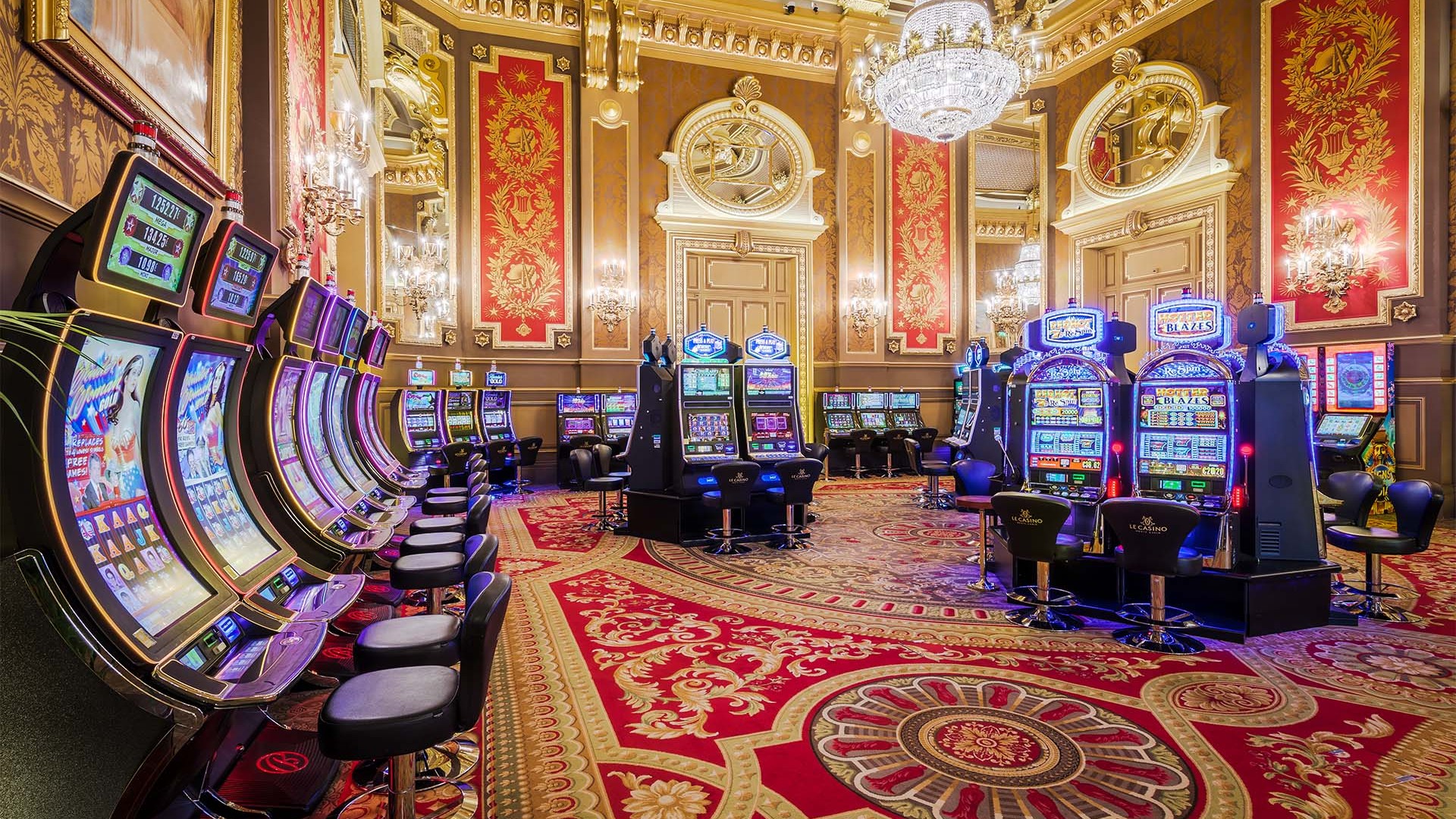
Gambling games have captivated for years a wide range of players, providing not only excitement through chance but also a unique experience tailored to various types of players. Ranging from analytical thinkers who excel at calculation and skill to recreational players who seek entertainment, casinos are aware of the details of their audience and create games that meet these diverse interests.
In delving into the universe of casino gaming, we discover a variety of options that attract every kind of player. Poker tables with high stakes draw those who are competitive, while colorful slot machines draw in individuals in search of immediate satisfaction. Whether it be the chance to win big or simply enjoying the social environment, casinos design their game offerings to ensure that all players find a place where they feel comfortable and engaged. Comprehending how these games are designed for various player types can enhance not only our understanding of them but also our method for choosing which games to play.
Understanding Player Groups
In the multifaceted world of casino entertainment, gamers can be classified into distinct types based on their incentives and preferences. These player types range from the laid-back and communal gamers, who enjoy the fun value and interactive engagements that gambling provides, to the more tactical and analytical players, who seek to maximize their chances and gains. Grasping these different player types is essential for casinos to tailor their games and design captivating environments.
One popular category is the communal player, who considers casino games as a form of group interaction and entertainment rather than a high-stakes gambling endeavor. These gamers often enjoy games that encourage involvement and camaraderie, such as blackjack. Their attention is on the experience rather than the conclusion, so vibrant settings and collective moments are what they value the most.
On the opposite end of the spectrum, strategic players are motivated by competition and the quest of expertise. They tend to lean toward games that demand strategic thinking and strategy, such as blackjack, where their skills can determine the conclusion. This category often interacts with the games on a deeper level, utilizing expertise and tactics to gain an edge. Comprehending these incentives allows casinos to create settings and game selections that suit to each gamer’s individual likings.
Game Design Strategies
Casino games are created with diverse player types in mind, employing multiple strategies to attract and capture them. For recreational players, the focus is on ease and clarity. Games like slots are often aesthetically pleasing with straightforward mechanics. This enables players to enjoy the experience without a steep learning curve, creating an welcoming atmosphere. The vibrant hues, catchy sounds, and themes create a fun environment where players can easily get involved and entertained.
For tactical players who enjoy a more profound level of involvement, games such as poker and 21 offer depth and skill-based elements. These games feature strategy and decision-making, appealing to players who thrive on challenge and want to exercise their mental skills. The design of these games regularly includes intricate rules and mechanics that test players to hone their skills and create strategies over time, creating a rewarding experience for those who appreciate mastering the game.
Moreover, community-oriented players are considered through games that emphasize interaction and community. This comprises live casino options and multiplayer formats, which cultivate a sense of community among players. The design of these games often incorporates chat features and social elements, allowing players to interact and share experiences. By building an environment where participation is promoted, casinos can effectively involve community players, making the gaming experience more enjoyable and memorable.
Improving Player Satisfaction
Betting options have advanced notably to provide a much more immersive atmosphere for players. Game creators focus on stunning visuals, immersive audio effects, and novel gameplay mechanics that engage participants into the gaming environment. By employing technology, such as virtual reality and augmented reality, casinos ensure that players feel as if they are part of a exciting environment, enhancing not only the pleasure of the activities but also the overall enjoyment of being in a casino.
Social interaction is another key aspect in boosting gamer engagement in gambling games. Several options are developed to facilitate communication among participants, whether through multiplayer formats or chat features. This interactive component is attractive to gamers who appreciate interacting with other participants while playing, fostering a feeling of community. Moreover, interactive elements can consist of ranking systems, competitions, and rewards for cooperative engagement, which capture ambitious gamers and encourage them to revisit for additional. Nhà cái RR88 Nhà cái RR88
Finally, personalization plays a vital role in tailoring the interaction for various participant categories. Betting companies and software designers study player behavior and preferences to provide tailored game options and rewards. By grasping the distinct tastes of players, gaming establishments can offer customized deals, rewards, and fresh games that satisfy each participant, thus enhancing their total enjoyment and loyalty to the gaming venue.
